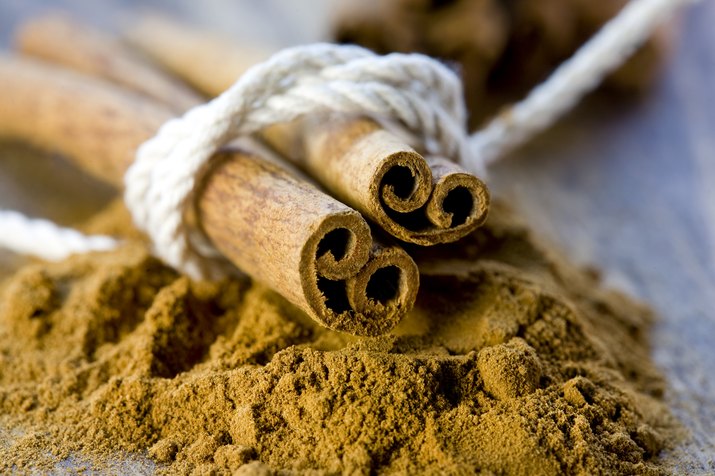
An apple pie just wouldn't be right without cinnamon's rich, warm aroma, and those hot drinks you love in winter wouldn't be the same without a cinnamon stick to perfume them. It's the ultimate warm spice and just the smell of it in the air is inexpressibly comforting. As indispensable as it is in the kitchen, that's not the only reason to keep cinnamon on hand in all its forms. It's also surprisingly useful around the house for a variety of jobs.
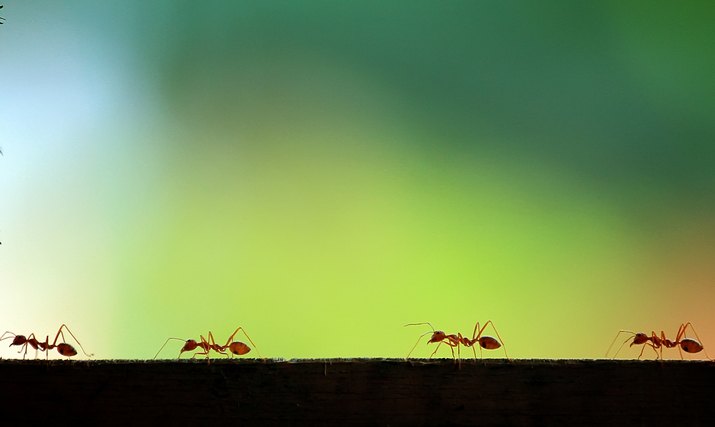
Keep Ants Out
Ants are thoroughly amazing creatures, able to survive in most of the world's environments and carry out some truly remarkable feats of engineering. Unfortunately, two of the environments where they often choose to thrive are humans' homes and gardens, which dampens any sense of wonder we might otherwise feel for their workaholic ways. As it happens, ants really hate the same aromatic compounds in cinnamon that humans love. Sprinkling ground cinnamon around potential points of entry to your house or cupboards where you've seen them will help keep them out. You can also sprinkle cinnamon around any affected garden plants once you spot ants, and then again after any rain.
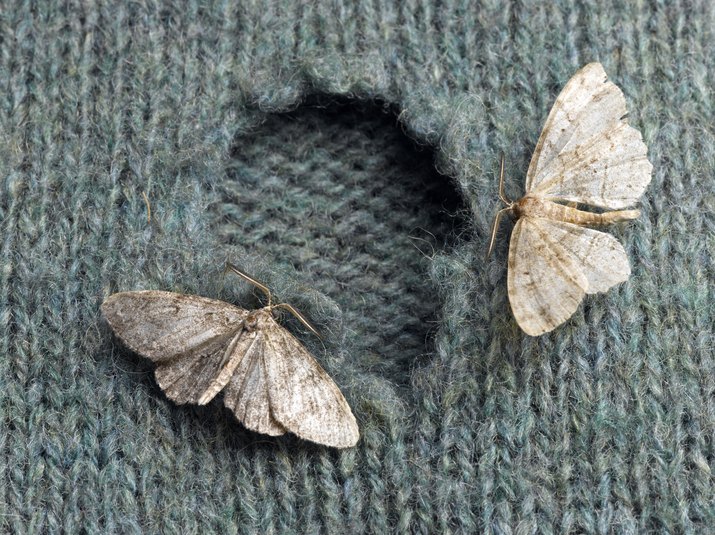
Keep Moths From Your Closet
If your wardrobe consists almost entirely of synthetic or plant-based fibers, you may never see a clothes moth. On the other hand, if your closets contain plenty of wool, silk, felt and leather, they can be a serious threat. It's especially disappointing to pull your winter clothes out of storage as the air turns cold, and find they've been ruined by voracious larvae. Well, it turns out the adult moths are no fonder of cinnamon than ants are. Pick up some small mesh bags from the craft store and fill them with cinnamon sticks and cloves. Hang them in your closet to repel the adult moths, which in turn means no larvae lunching on your cardigans. Cinnamon smells a lot better than mothballs, too!
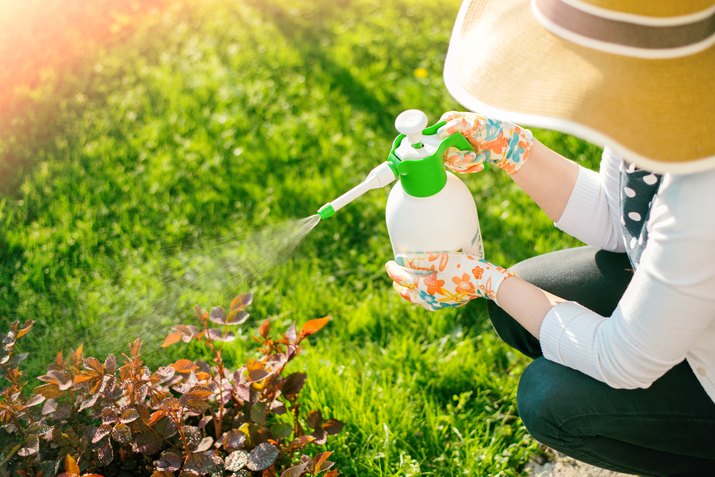
Create a Fungicide for Plants
Fungal infections are actually a common problem for gardeners, especially with close-packed plants on a windowsill or in a greenhouse. Proper air flow can help prevent those infections in the future, but cinnamon's anti-fungal properties can help here and now. Steep cinnamon overnight in a few cups of water and then strain it, or add cinnamon essential oil directly to the water. Fill a spray bottle, and use it to mist the affected plants and the soil they grow from. Over a period of a few days, the fungus will retreat. You might still need to remove a few of the most-affected plants.
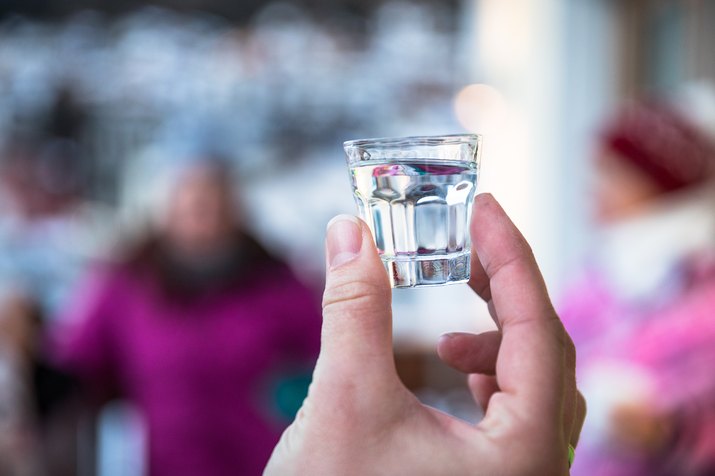
DIY Antibacterial Mouthwash
Commercial mouthwashes skew to minty or strongly medicinal flavors, and contain chemical antibacterial agents. Unless you're a chemist, it's hard to know what those are and whether you actually want them in your mouth or not. Cinnamon provides an easy answer to that dilemma. You can create your own DIY mouthwash by simply infusing a few cinnamon sticks into a pint of vodka for a month or two. Swish whenever you need to freshen your breath, unless you're going to be driving — like commercial mouthwashes, it's enough alcohol to give a "false positive" on a breathalyzer. On that note, you can also experiment with using your cinnamon-infused vodka in cocktails.
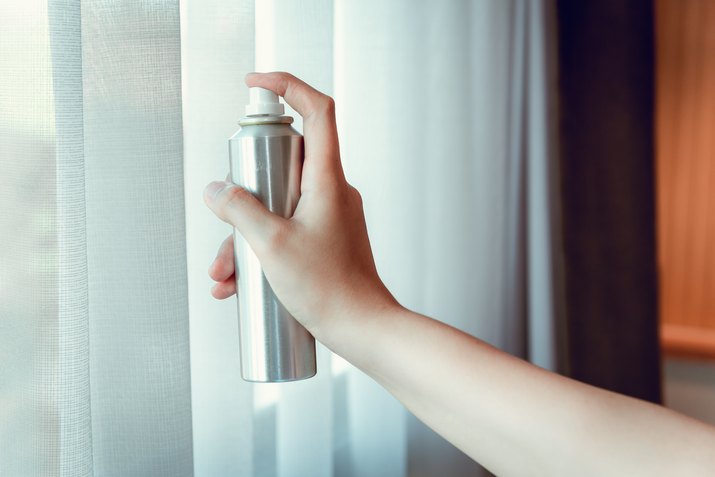
Clear the Air
The scent of cinnamon is thoroughly pleasant, and you don't have to cook or bake with it to enjoy that aroma. Simmer a few cups of water with cinnamon sticks or ground cinnamon until it's strongly scented, and then either remove the sticks or strain out the powder by pouring the cinnamon "tea" through a coffee filter. Pour the cooled water into a spray bottle, and use it to freshen the air whenever your rooms feel a bit stale. With its antibacterial and anti-fungal properties, it actually cleans the air rather than just masking smells. You can get the same effect with a few drops of cinnamon essential oil mixed into water, if you happen to have that around the house.
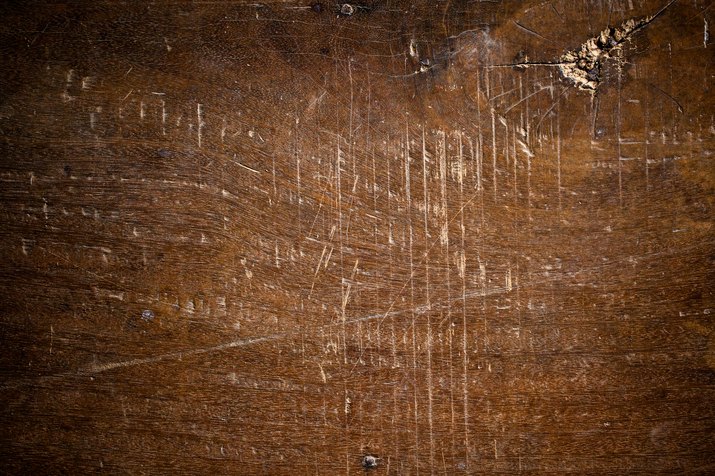
Remove Scuffs on Wood Surfaces
Dark wood flooring is trendy again at the moment, and so are the dark cabinets and wooden furniture to match. Unfortunately, dark wood shows scratches and scuffs more vividly than wood in lighter stains. If some of your favorite wooden surfaces are beginning to show battle scars, cinnamon can help. Just sprinkle a small quantity of ground cinnamon onto the affected area and rub it in with a fingertip. It's not a permanent solution and it won't make really big gouges disappear, but it hides minor damage surprisingly well.
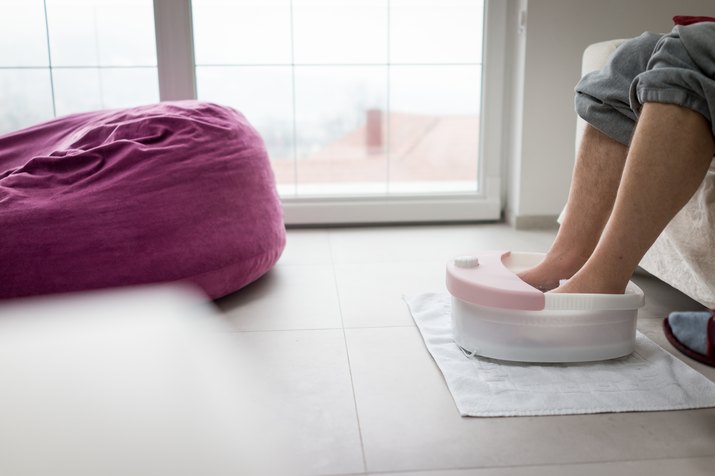
Create an Anti-Fungal Foot Bath
Cinnamon owes its distinctive flavor and aroma to a number of complex molecules, many of them well known as having antibacterial and anti-fungal properties. That combination of soothing aroma and genuine medicinal value means you can use cinnamon to make a seriously relaxing and effective foot bath. Boil a handful of cinnamon sticks in a quart of water (up to 10 short ones, or half that many of the full-length kind) and let it cool until just warm, then remove the cinnamon sticks for another use. Soak your tired feet to ease aches and pains, combat the fungus that causes athlete's foot, and eliminate the bacteria that make your feet smelly.
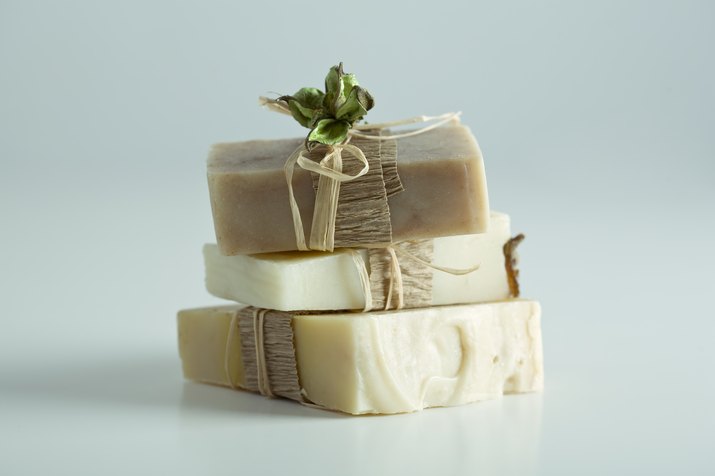
Make Soap
Cinnamon makes an outstanding addition to homemade soaps. It's everything you could ask for: It gives a pleasant scent, the fine powder makes a gentle exfoliant, and gives the soap legitimate antibacterial properties. Making your own soaps from scratch is a bit of a project, though it's not hard to find classes and DIY kits if you're interested. If that feels like too much to take on, just collect small hotel-sized soaps or save the ends of your bar soaps. You can grate those and mix them with enough water to make a workable texture, then knead in the cinnamon and shape or cut the finished soap.
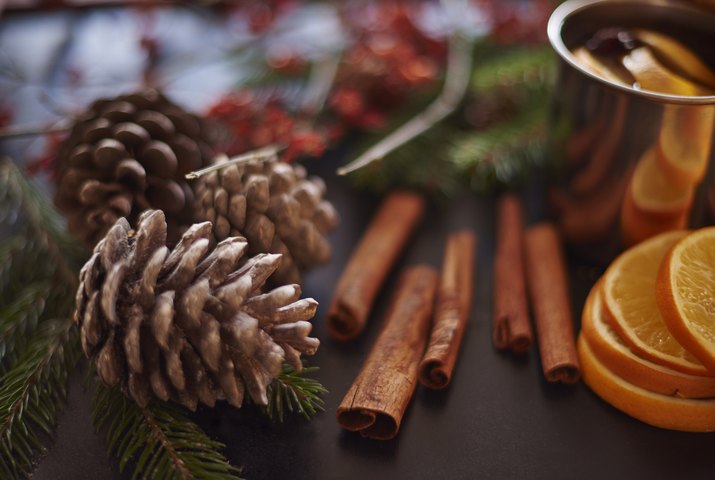
Prepare Holiday Decorations
With a hot glue gun and a big bag of cinnamon sticks, you can work wonders with your holiday decorating. For your front door, buy a twig wreath at the craft store and cover it with glued-on cinnamon sticks. For tree decorations, glue them together in triangles to make six-pointed stars. They're extra-beautiful if you highlight the edges of a star anise flower with gold paint, and glue those into the centers. For the windowsill, choose pillar candles the same height as your cinnamon sticks and hot-glue the sticks around the candle's sides to encase it completely, then tie it up with a red ribbon.
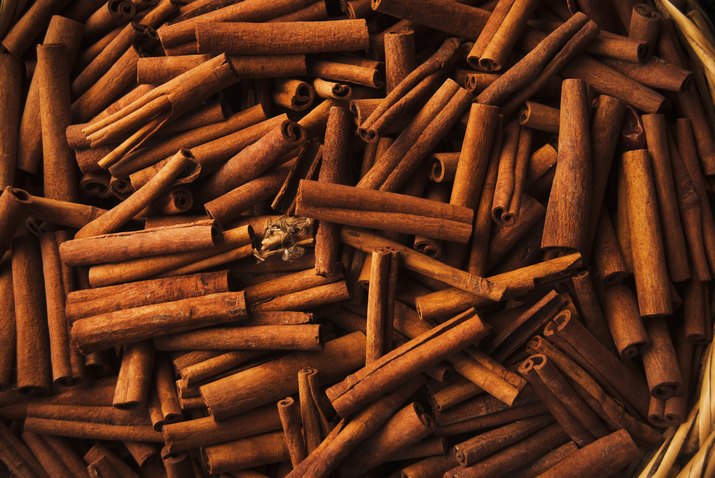
Make a Whimsical Place Card Holder
If you're hosting a formal dinner, especially during the autumn or winter when cinnamon features largely in the desserts or hot beverages, cinnamon sticks can make a useful decorative accent. One especially fun and whimsical way to use them is for place settings. First, print up small place cards with your guests' names. Now choose several cinnamon sticks with nice, straight openings where the scrolled sides of the cinnamon bark come together. Insert a place card into the slot of each cinnamon stick, and set them at the appropriate spots on your table.
Advertisement
Video of the Day